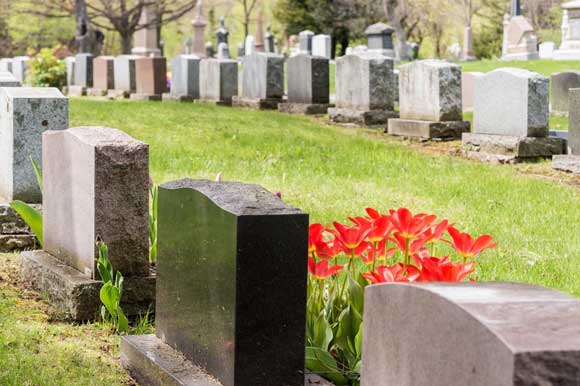We are the only on-site crematory in Shelby County.

Cremation Services
The biggest misconception about cremation is that there can't be a funeral service or visitation. This is absolutely not the case - when you choose to care for the physical remains through cremation, we encourage you to consider holding a memorial service as well. There are many options open to you when it comes to honoring your loved one's life: you can provide a chance for friends and family to say goodbye through a final viewing before the cremation, and you can also hold a formal service either before or after the cremation occurs. After the cremation itself, there are a variety of choices for your loved one's final disposition:
Interment means that you'll bury or entomb your loved one's cremated remains. This can be in the family plot, a memorial site, a cremation niche or urn garden, or in a variety of other indoor and outdoor locations. Ask our staff for a detailed list of interment possibilities.
Graveside Services are similar to those celebrated alongside a traditional ground burial, in which loved ones are present at the burial of the cremated remains and honor the deceased through memorial prayers or other meaningful tributes.
Scattering allows you to spread your loved one's cremated remains in a memorial garden, a cemetery, over water, or across any other meaningful site. You can also choose to scatter some of the cremated remains and retain the rest in an urn for interment or another form of disposition.
Placing cremated remains in multiple urns allows family members who are separated by distance to each feel the comfort of having their loved one's final resting place in a nearby location.